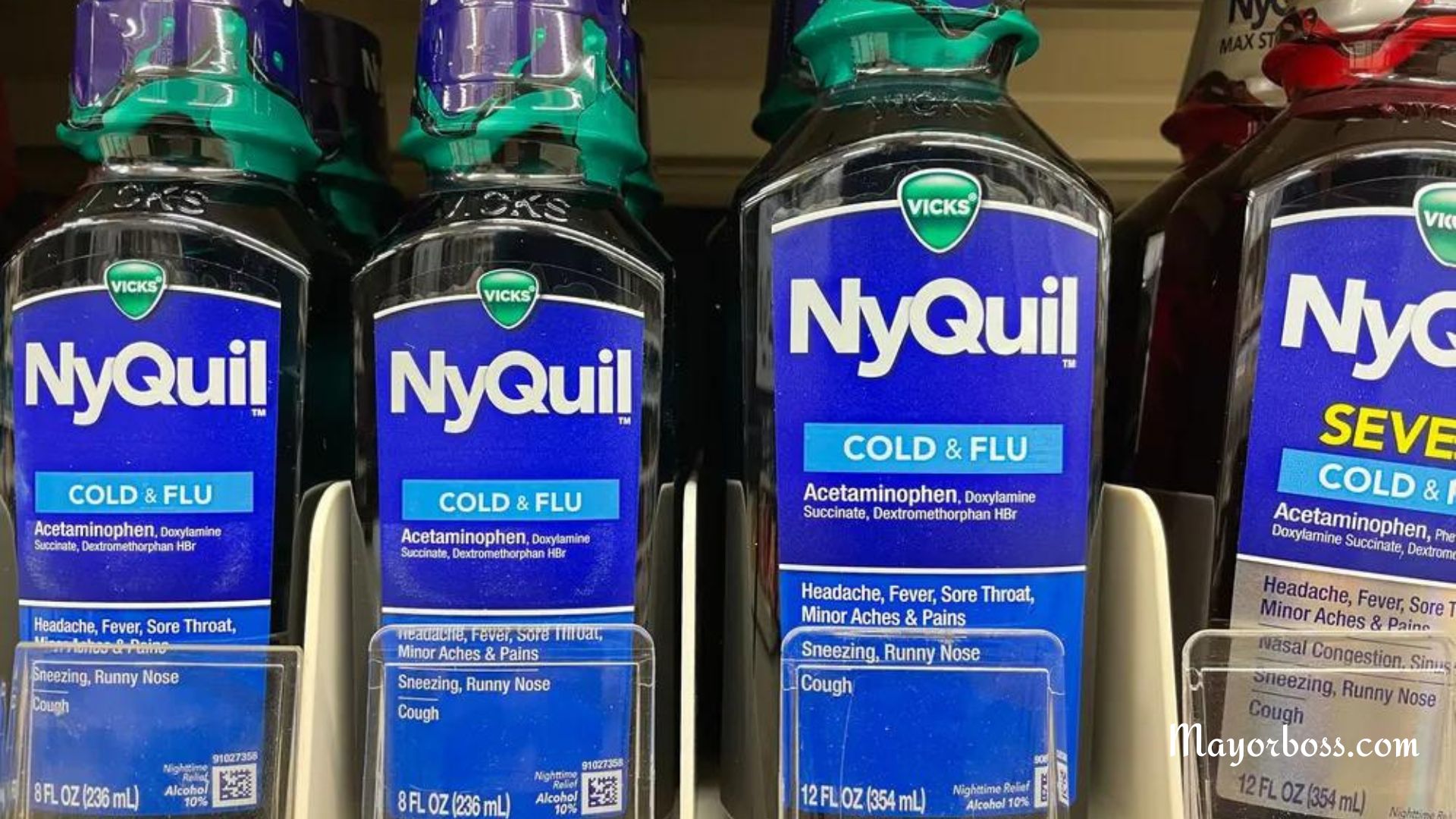6 Best Supplements That Can Help With Brain Fog
If you have ever found yourself struggling to focus, remember simple details, or think clearly, you may be experiencing what many people call brain fog. It is not a formal medical term but rather a common way to describe a feeling of mental cloudiness, difficulty concentrating, and sometimes a sense that thinking takes more effort than it should.
Brain fog can have many possible causes, from lack of sleep and poor diet to underlying health conditions. While it is always better to address the root causes of brain fog, such as improving your sleep habits or discussing your symptoms with a medical professional, certain nutritional supplements may also help.
In recent years, scientists have studied various supplements to see if they can support healthy brain function. Some of these have shown promise in boosting attention, improving memory, and sharpening focus.
Below, we will look at six evidence-based supplements that show promise for easing brain fog. These supplements have been studied for their potential benefits, and while they might not work for everyone, they are supported by some degree of scientific research.

1. Omega-3 Fatty Acids
One of the most well-researched supplements for brain health is omega-3 fatty acids, which are essential fats found in fish oil, krill oil, and certain algae. These fats are known for supporting the structure of brain cells and helping with communication between them. They have anti-inflammatory effects, and some studies suggest they may improve mood, attention, and overall mental clarity.
Omega-3 fatty acids, especially docosahexaenoic acid (DHA) and eicosapentaenoic acid (EPA) are key building blocks of brain cell membranes. Higher levels of DHA, for example, have been linked to better thinking skills and memory. These essential fats help maintain flexible, healthy cell membranes so that signals can pass smoothly between brain cells.
Several studies show that people with higher intakes of omega-3s often score better on tests of memory and cognitive performance. For instance, a study found that omega-3 supplementation helped improve cognitive function in older adults.
Possible Side Effects: Omega-3 supplements are generally considered safe. However, high doses may cause mild stomach upset or, in rare cases, affect blood clotting. It’s best to talk to your doctor before taking large doses, especially if you take blood-thinning medications.
2. Ginkgo Biloba
The leaves of the Ginkgo biloba tree have been used in traditional medicine for centuries. Modern science has studied ginkgo for its potential to improve blood flow to the brain, which may help deliver more oxygen and nutrients to the cells that need them. Some people report that ginkgo helps them feel more alert and clear-headed.
Ginkgo is thought to improve blood circulation and possibly protect brain cells from damage. Increasing blood flow may help keep brain cells healthy and support communication among them.
A clinical trial published in Psychopharmacology found that ginkgo biloba had mild positive effects on memory and thinking skills, though the results were not always strong. Still, many experts consider ginkgo one of the better-studied herbal supplements for mental clarity.
Possible Side Effects: Ginkgo is generally safe for short-term use. Some people may experience headaches, stomach upset, or dizziness. If you take blood-thinning medication, talk to your doctor first, as ginkgo may increase the risk of bleeding.
3. Vitamin B12
Vitamin B12, found in animal foods like meat, fish, and dairy, is essential for healthy brain function. Low levels of B12 can cause fatigue, confusion, and memory problems. Thus, correcting a deficiency may help clear up brain fog and improve overall mental function.
Vitamin B12 helps keep the body’s nerves and blood cells healthy. It also plays a key role in making DNA, the genetic material in all cells. If your body is low on B12, it can affect the nerves in your brain, leading to issues with focus and memory.
Research shows that people with low B12 levels often have trouble with memory, attention, and clear thinking. A 2022 study in Nutrients highlighted that restoring normal B12 levels can improve cognitive function in those who were deficient.
Possible Side Effects: Vitamin B12 supplements are generally safe, but it is best to get a blood test to see if you have a deficiency before taking high doses. Some people may feel mild side effects like restlessness or mild allergic reactions, but these are rare.
4. L-Theanine
Found naturally in green tea, L-theanine is an amino acid that can have a calming effect on the mind without causing drowsiness. People often take L-theanine to support a state of relaxed alertness, making it easier to focus and think clearly.
L-theanine promotes the production of brain chemicals like dopamine and serotonin, which help regulate mood and stress. It also helps enhance alpha brain waves, which are linked to relaxation and mental alertness.
A study in the Journal of Functional Foods found that L-theanine improved attention and reaction time in study participants. Other research suggests it may help with stress management, leading to clearer thinking.
Possible Side Effects: L-theanine is considered very safe, with few known side effects. Since it is often found in tea, it has a long history of safe use. However, if you are sensitive to caffeine, be aware that many teas containing L-theanine also contain caffeine.
5. Vitamin D
Vitamin D, often called the “sunshine vitamin,” plays many roles in the body, including helping maintain healthy bones. However, recent research suggests that vitamin D also has important functions in the brain. Low levels of this vitamin are linked to issues with mood and clarity of thought.
Vitamin D helps support the growth and protection of brain cells. It also seems to help regulate certain chemicals in the brain that are involved in mood and thinking skills.
Many scientific studies have proven that low vitamin D levels are associated with poor cognitive performance. Studies have shown that by restoring normal vitamin D status in people who are deficient, mood and mental function can be improved.
Possible Side Effects: Vitamin D is generally safe at recommended doses. Very high doses over a long period can raise calcium levels in the blood, causing problems like nausea and confusion. Ask your doctor to test your vitamin D levels before starting a high-dose supplement.
6. Bacopa Monnieri
Bacopa monnieri is an herb used in traditional Ayurvedic medicine. Modern science has taken an interest in its potential to improve memory, learning, and thinking speed. Some people find that bacopa helps reduce that feeling of mental fog.
Bacopa contains compounds called bacosides, which are thought to protect brain cells from damage and help improve the transmission of signals between them. Over time, this support may translate into better memory and overall mental clarity.
A study found that bacopa monnieri could improve memory and thinking skills in healthy adults, though it often took several weeks of consistent use to notice the benefits.
Possible Side Effects: Some people report stomach upset, nausea, or cramping when taking bacopa. Starting with a low dose and gradually increasing may reduce these issues. As with any supplement, talk to your doctor if you are pregnant, nursing, or taking other medications.
Conclusion
Brain fog can feel frustrating, but there are steps you can take to address it. Supplements like omega-3 fatty acids, ginkgo biloba, vitamin B12, L-theanine, vitamin D, and bacopa monnieri each show promise, backed by some degree of scientific research. While none of these are miracle cures, they might help sharpen your mind over time, especially if paired with healthy lifestyle changes like regular exercise, proper sleep, and a balanced diet.
Before you start taking any new supplement, keep in mind that what works for one person may not work for another. Talk to your doctor before making changes to your health routine, especially if you have any existing conditions or take prescription medications.






